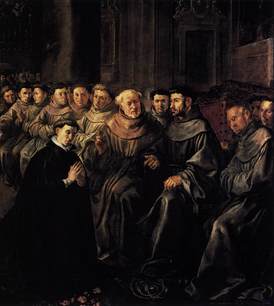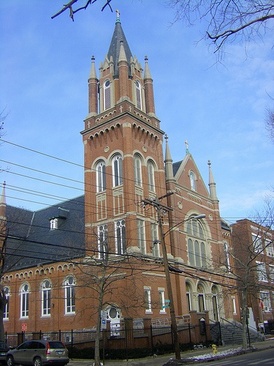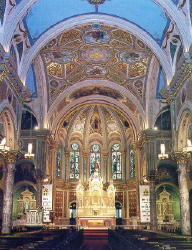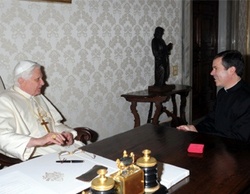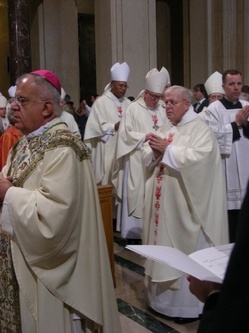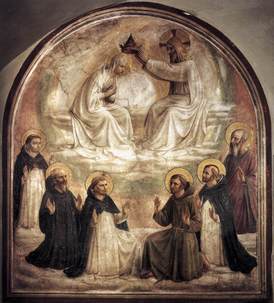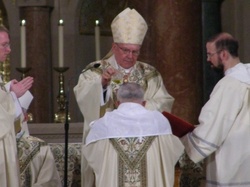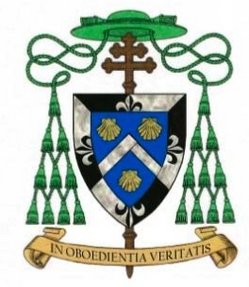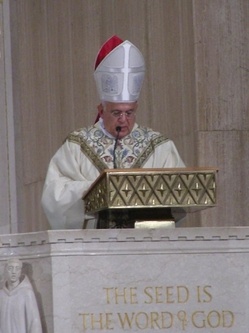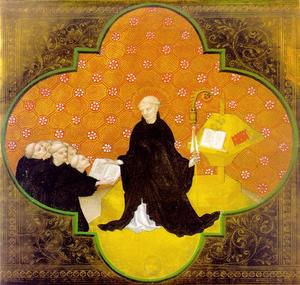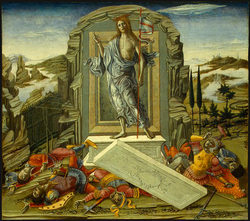O God, Who did give Thy people blessed Bonaventure as a minister of eternal salvation, we beseech Thee; grant that we may deserve to have him as an intercessor in heaven, whom we had as a teacher of life on earth.
Bonaventure. Born and baptized in 1221 as John in Bagnoregio, Tuscany, he had an encounter with Saint Francis of Assisi. John was a very sick child is said to have been brought to Saint Francis who prayed over him and brought him back to health. The pious legend has it that Saint Francis exclaimed “O buona ventura.”The healing wasn’t enough for John to enter the Franciscan order. A man of considerable talent and brilliance, the desire to study led him to the University of Paris where as a layman he completed his Master of Arts by the age of 22. He was regarded as an expert and a popular lecturer in logic and rhetoric. The Franciscans indicate that he enter the fraternity in either 1238 or 1243.By 1256 Bonaventure’s university life was anxiety provoking when lay professors started violently opposing their religious counterparts. In 1257 and not yet 36 years old, Bonaventure was elected minister general of the Franciscans. He was known to keep the unity and direction for the friars at a time that the order was experiencing unrest. Both Saints Bonaventure and Thomas Aquinas were given their doctoral degrees from the University of Paris on 23 October 1257.The saint served the Church as bishop of Albano and as a cardinal.
Bonaventure died in 1274 while participating in the Council of Lyon; he was invited to the council by Pope Gregory X.
As a scholar and thinker with a sterling character, Saint Bonaventure was known to intercede for others before God and richly blessed by God leading others to say that he had escaped original sin. He left the Church a rich written legacy intellectual works and an incredible constellation of high profile students. His The Life of Saint Francis, Commentary on the Sentences of Lombard, Commentary on the Gospel of Saint Luke, and Itinerarium Mentis ad Deum, Breviloquium are his significant works.
Bonaventure was canonized by Pope Sixtus IV and named a Doctor of the Church by Pope Sixtus V.
Saint Thomas Aquinas asked Saint Bonaventure about the source of his teaching; Bonaventure responded, “I study only the crucified one, Jesus Christ.” And so should we.
In your spare time why not read Joseph Ratzinger’s book, Theology of History in St. Bonaventure?
